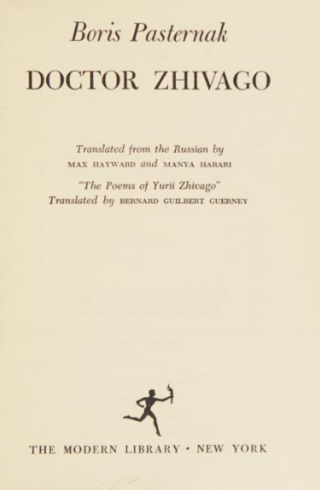In the opening lines of Cold Warriors, Duncan White notes that “between February and May 1955, a group covertly funded by the Central Intelligence Agency launched a secret weapon into Communist territory”: balloons carrying copies of George Orwell’s Animal Farm. This was perhaps the most prominent title among “tens of millions of books, leaflets, pamphlets, posters” that were distributed by hundreds of thousands of weather balloons. “In response,” White continues, “the authorities in Czechoslovakia, Hungary, and Poland warned its citizens that possession of this material was illegal and even sought to shoot down the balloons with fighter planes and antiaircraft guns.”
Nearly seven hundred pages later, White states the obvious:
Literature is no longer conceived of as a weapon to be deployed in cultural warfare: it is hard to imagine the publication of a novel precipitating a geopolitical crisis in the manner of Dr. Zhivago or The Gulag Archipelago. . . . The specific circumstances of the Cold War will never be repeated, and the idea of literature being deployed by governments on a vast scale is no longer credible.
Of course, governments still worry about writers and writing—China regularly restricts the travel of dissident authors; it goes after booksellers who sell books that criticize the central government; and it bullies foreign embassies, usually Scandinavian, that raise concerns. PEN International regularly documents the situation of imprisoned, suppressed, and disappeared writers living under repressive regimes around the world.
But in the main, White is correct. It is impossible to imagine governments turning to writers, and writing, to help in a conflict with other nations, let alone devising a contemporary version of literary airlifts by weather balloon. And then there’s the suspicion of patriotism and the military that is now inherent to literary culture. (John Updike spent decades living down the qualified support he once expressed for the Vietnam War.) This reciprocal and mutually affirming suspicion is taken for granted today, but the situation was otherwise throughout the Cold War. Indeed, some of the most interesting passages in White’s book describe the public and clandestine activities of (primarily) the United States, Great Britain, and the Soviet Union to deploy literature in the service of their respective national interests, and the willingness of writers to be so deployed.

